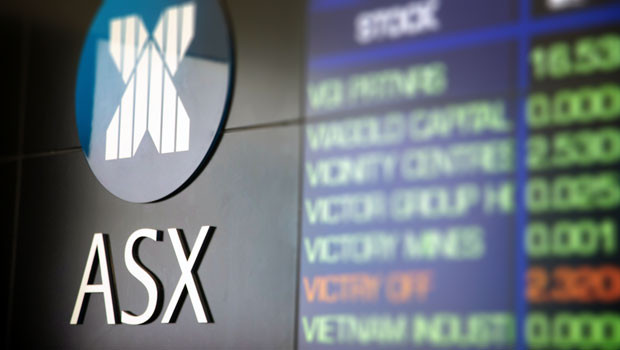Asia report: Stocks mixed as Aussie economy grows modestly

Asia-Pacific markets experienced a mixed close on Wednesday, with most bourses managing gains by the end of the day, as Hong Kong led the risers.
The performance came ahead of US Federal Reserve chair Jerome Powell's congressional testimony, and the UK’s Spring Budget.
“On Wednesday, a news conference featuring prominent Chinese officials aims to unveil the government's strategies to stimulate consumption,” said TickMill market analyst Patrick Munnelly.
“Pan Gongsheng, the central bank governor, alongside the ministers of commerce and finance, as well as the new top securities regulator, will address the media.
“In parallel, Japan's largest bank anticipates the central bank's departure from negative interest rates within two weeks and is making necessary preparations.”
Munnelly noted that Mitsubishi UFJ’s assessment contrasted with the swap market's evaluation, which placed the likelihood of Bank of Japan governor Kazuo Ueda altering policy in March at about 50%.
“The 'Super Tuesday' primaries in the US suggest a forthcoming electoral rematch between Biden and Trump.
“Data-wise, Australia reported 0.2% quarter-on-quarter growth in the fourth quarter, aligning with forecasts, while German trade figures unveiled a rebound in exports at the year's onset.”
Stocks in Hong Kong lead gains on mixed day for region
Hong Kong's Hang Seng Index jumped 1.7% to 16,438.09, demonstrating the strongest gains in the region.
Gains were led by tech and healthcare stocks, with WuXi Biologics rising 9.08%, JD.com increasing 7.79%, and Xinyi Glass Holdings advancing 6.32%.
Japanese markets were less buoyant, with the Nikkei 225 closing almost flat, down by 0.02% at 40,090.78, while the Topix edged up 0.39% to 2,730.67.
Technology stocks faced downward pressure, with Lasertec declining 3.74%, TDK losing 3.55%, and Renesas Electronics falling 3.09%.
Mainland Chinese markets showed slight losses, with the Shanghai Composite down 0.26% at 3,039.93 and the Shenzhen Component down 0.22% at 9,395.65.
Tech and pharmaceutical stocks declined in Shanghai, including Dongfeng Electronic Technology dropping 4.9% and Beijing Wantai Biological Pharmacy Enterprise losing 4.32%.
South Korea's Kospi fell by 0.3% to 2,641.49, with tech companies LG Innotek falling 8.8% and KakaoPay declining 5.64%.
Australia's S&P/ASX 200 saw a modest gain of 0.12% to 7,733.50, with New Zealand utility stocks performing well in Sydney, as Mercury NZ increased 6.98% and Meridian Energy rose 4.14%.
New Zealand's S&P/NZX 50 edged up 0.36% to 11,795.90, supported by gains in Pacific Edge rising 9.3% and Goodman Property Trust advancing 3.64%.
In currency markets, dollar was last down 0.17% on the yen to trade at JPY 149.79, while it slipped 0.3% against the Aussie to AUD 1.5331, and lost 0.24% on the Kiwi to change hands at NZD 1.6390.
Oil prices rose, with Brent crude futures last up 0.68% on ICE at $82.60 per barrel, and the NYMEX quote for West Texas Intermediate increasing 1.05% to $78.97.
Australian economy experiences modest growth; South Korea inflation rises
In economic news, Australia's economy expanded 0.2% in the fourth quarter of 2023, marking a slowdown from previous quarters.
The growth, slightly below expectations, was primarily fueled by government spending and business investment, according to the Australian Bureau of Statistics.
For the full year, Australia's real GDP growth reached 1.5%.
“The Australian economy is at a cyclical low point, with policy settings and fast inflation curbing growth,” said Sean Langcake, head of macroeconomic forecasting at Oxford Economics.
“Indeed, while growth has stayed in positive territory, it has slowed in each quarter over 2023 and contracted once again in per capita terms in the fourth quarter.
“But there are some positive signs in these data with productivity growth helping ease unit labour cost pressures, and household savings stabilising in the quarter.”
In South Korea, inflation accelerated for the first time in three months, reaching 3.1% in February.
This exceeded January's 2.8% rate and market expectations.
Core inflation, which excludes volatile food and energy prices, also rose to 2.5%.
Reporting by Josh White for Sharecast.com.